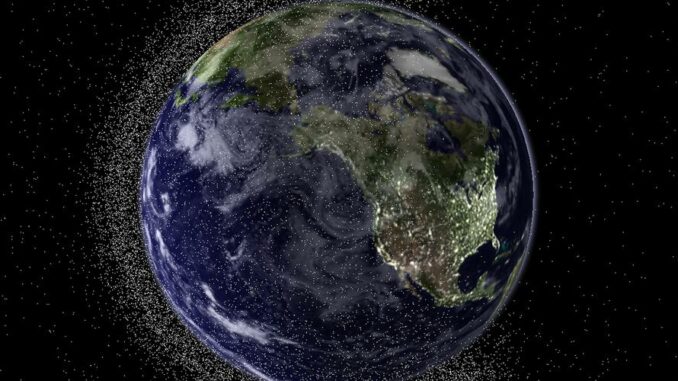
Zimbabwe, a southern African country in great economic difficulty, announced Monday the sending into space of the first satellite in its history.
“History is making its way.” “#ZimSat1 is in space!” rejoiced government spokesman Nick Mangwana on Twitter, hailing “a scientific milestone for the country.”
A rocket launched a cargo ship to the International Space Station (ISS) at 10:32 GMT in Virginia, in the United States, taking on board three CubeSats developed by Zimbabwe, Uganda, and Japan, NASA confirmed.
“The satellites will take pictures of the Earth to collect data for weather and disaster monitoring,” the agency said on Twitter in a post accompanied by a photo of the little technology hubs, each decorated with a national flag.
The images collected will also help distinguish bare soil from forests and farmland and can be used “to improve the livelihoods of citizens in Uganda and Zimbabwe,” NASA said in a statement.
Zimbabwe has been working on the project, which was launched less than a year after President Emmerson Mnangagwa took office in 2018. As the successor to Robert Mugabe, he created the Zimbabwe National Geospatial and Space Agency (ZINGSA).
In this country plagued by poverty and an exsanguinated economy, the announcement of the launch of a satellite has caused strong reactions on social networks. The cost of the project has not been disclosed.
“Launching a satellite when the economy is fragile is stupid. Poverty has increased in the last five years. You can’t buy a car when your family is starving,” posted @patriot263, for example.
Zimbabwe has been plunged into a deep economic crisis for the past two decades and remains under international sanctions. The IMF announced in September that growth forecasts were still down due to a drop in agricultural production.
